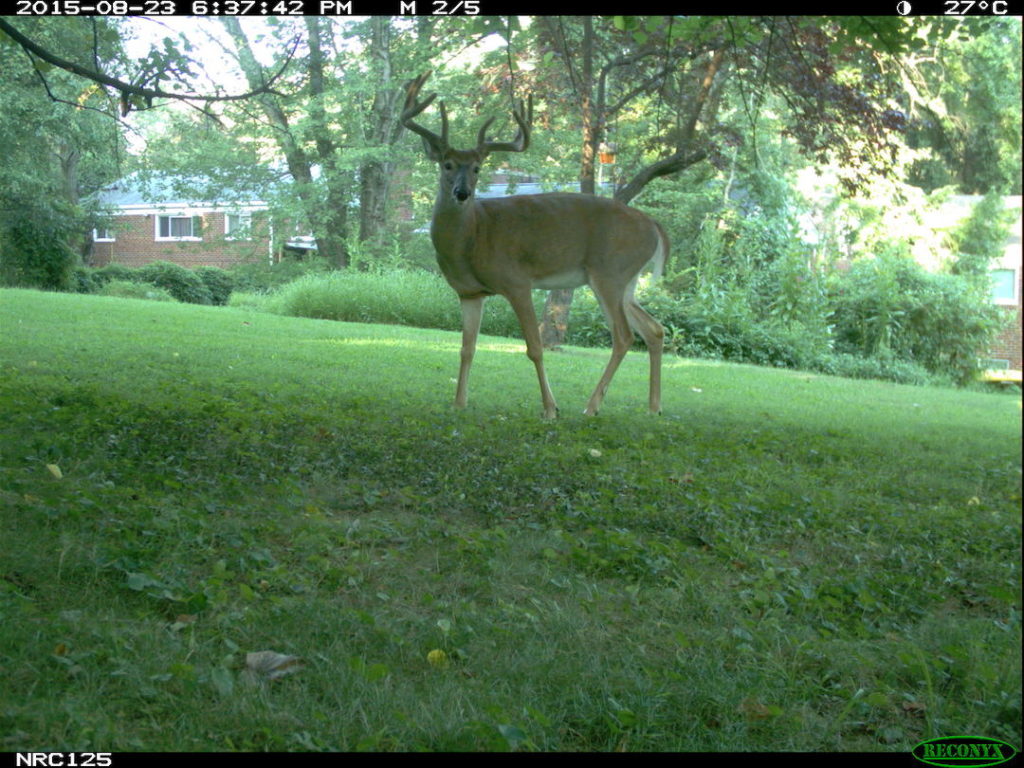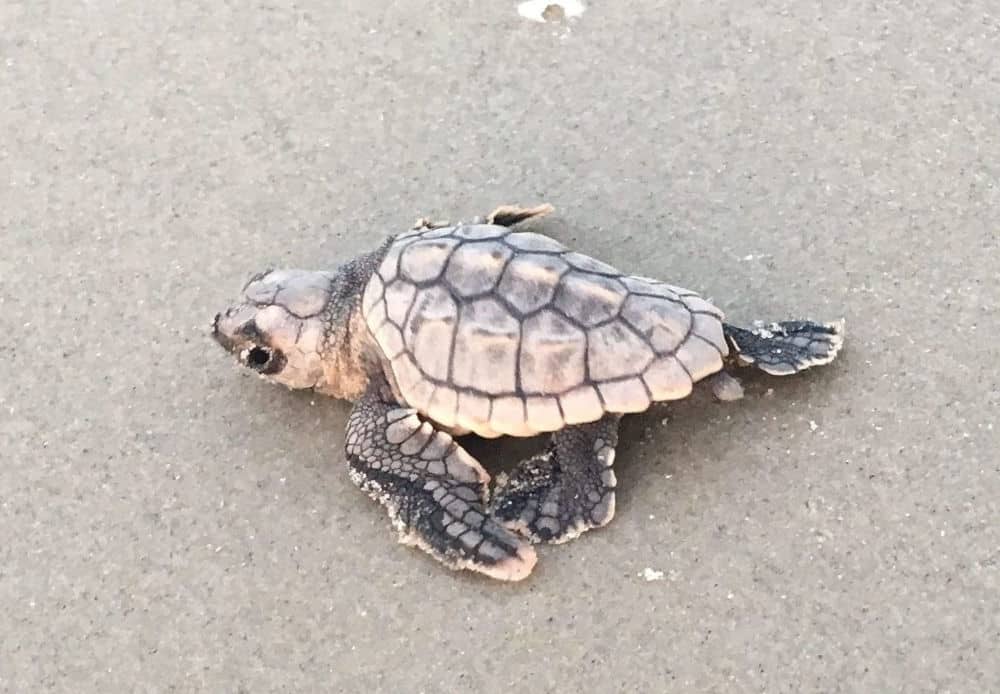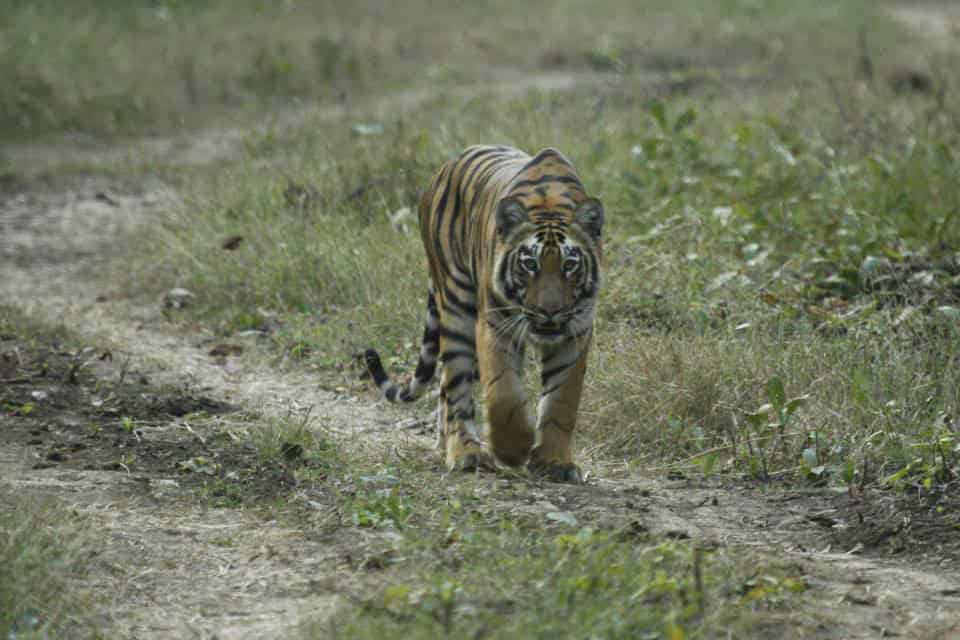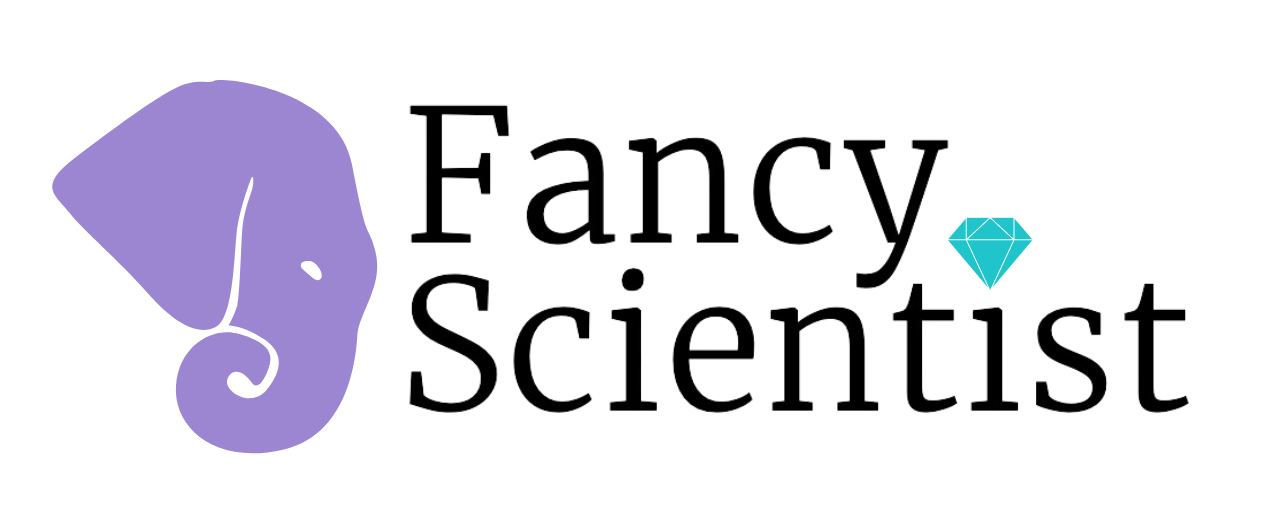Through fashion, I showed you how scientists calculate biodiversity and what it means. While some areas of the world are naturally more diverse than others – one thing is true: we are losing biodiversity at an alarming rate due to manmade causes. We are currently in the sixth mass extinction event to ever happen on the planet. But wait, humans have not been around for that long… That means that there were five times before where biodiversity was lost on a massive scale and we had no part in it. If such large-scale extinctions have been natural in the past, should be worried about our actions now? Humans are indeed animals; can this wave of mass extinctions be grouped as natural with those of the past? This was the premise for a contraversial article by scientist R. Alexander Pyron for the Washington Post.
You might be shocked to hear that I’ve had the exact thoughts. During the summer of 2014, the paleontologist on our Students Discover project gave a presentation. As he talked about the animals living on Earth millions of years ago, I thought about how insignificant and little our time here was. To put things in perspective, if a year represents the entire history of Earth, cave paintings show up on New Years Eve one minute before midnight. Earth has experienced dramatic climate changes and mass extinctions in the past, and nevertheless, nature persisted.
There are ecological arguments to be made for saving species now because of the direct benefits species provide to you. Try eating without pollinators like bees, birds, and bats. Even if you eat a fast food diet, it still all comes from the ground, and without the lesser long-nosed bat, we would no longer have my favorite Mexican beverage, Tequila.
The loss of biodiversity has real consequences to our lives. The complexity of species existing together as part of an ecosystem provides us with benefits we don’t even realize such as improved water and soil quality, and the ability of ecosystems to mitigate the impact of natural disasters, such as providing flood plains for urban areas. In the unprecedented flooding of Houston from Hurricane Harvey, the loss of important native habitats like grasslands to soak up water, is thought to have contributed to large-scale damage.
The loss of individual animals like top predators can dramatically change ecosystems. Restoring wolves and cougars to Eastern forests today would likely change what our forests look like by altering the behavior of white-tailed deer, alleviating forests from over-browsing, and potentially reducing deer-vehicle collisions or cases of Lyme disease through cascading effects on smaller carnivores and eventually mice. The loss of keystone species like the African forest elephants I studied also have a huge impact. Forest elephants literally change forest composition: they are seed dispersers, moving plant seeds kilometers away. Some species are even 100% dependent on elephants to germinate.

But does it really matter if these species go extinct? For the above examples, I have lived in the Eastern US my whole life and grew up just fine without wolves and cougars. With our camera trap data, we find lots of mammals, and I even found higher detection rates of all species except white-tailed deer in schoolyards compared to a nearby protected area (paper still in review!). We are likely losing thousands of species each year, but do you notice the difference from year to year? Even with data showing how biodiversity can improve your life, the effects can be difficult to see or feel compared to the pressing needs of paying the bills and providing for your family. So does it really matter?
My answer, is yes, but maybe not for the reasons that other scientist say. Pyron argues that “species constantly go extinct, and every species that is alive today will one day follow suit.” He is right. We all will be gone too. But if we go by that argument then why care about anything? Why care about art and history because it will all be gone. Nothing should be preserved in museums. So why do we preserve it? Because we love it. It’s beautiful. I and many others feel the same way about nature, consciously and subconsciously.

A consequence that Pyron doesn’t recognize is that while species will eventually go extinct in their current form, with their extinction goes all of the genetic material of that species, which may have taken MILLIONS of years in the making. One of my favorite animals, sea turtles, have gone nearly unchanged for millions of years. The extinction of all sea turtle species is a real threat in today’s world, and if they all go extinct, we will have nothing like a sea turtle on this planet. It’s kind of like the example used in time machines on TV shows. If you go to the past, and change one thing, the future could look entirely different.
Seeing a baby sea turtle make its way to the beach was one of the most magical of my life (I kid you not!), and it wasn’t just me. People watched alongside me in amazement, exchanged phone numbers with me to get my footage, and my video, featured on Visit Hilton Head’s Instagram was the most liked video of 2017. Why would you not want to live in a world without sea turtles? I remember every sea turtle I saw when scuba diving. I want to live in a world of sea turtles and it’s not even all for me, but for our children and their children.
Pyron says we argue for the conservation of a species to “discharge our guilt”, but I think this is inaccurate. I argue for the conservation of species because nature is amazing, a true joy to experience, and utterly beautiful. My best memories in life literally revolve around animals, such as when I stood meters away from a silverback mountain gorilla on a trek in Rwanda with absolutely nothing in between us, or when I saw a young tiger in community lands in India, or even when my field station cabin was attacked by a forest elephant. While these experiences are extreme and only available to those that can afford it, the best memories of my childhood are visiting Alleghany State Park as a young girl, viewing raccoons at night with spotlights, visiting beaver ponds, catching frogs and snakes near my home with my mom and dad, and reading about orcas in my National Geographic kids books with them. When I was in Vancouver, I made a conscious decision to see them. This is something I have carried with me my entire life.

I don’t have guilt, I have sadness. I couldn’t even finish watching this infamous viral video of a polar bear dying because I was so sad. I want to live in a world WITH polar bears. Byron argues “The world is no better or worse for the absence of saber-toothed tigers and dodo bird,” but I disagree. When I was a young girl standing in front of the dodo replica in the Hall of Endangered Species at the Buffalo Museum of Science, I stood there with rage. I was angry that people took this away from me. That I could no longer see this animal and I had no say in it.
You might think I am a biased because I obviously love nature – I chose an entire career devoted to wildlife, but biodiversity inspires us and affects us ALL in so many different ways that we don’t even realize. Imagine art without nature. Imagine your absolute favorite place in the world. Is it indoors? Chances are it’s probably some beautiful natural area like the beach or mountains.
While these reasons may seem superficial, and perhaps elitist, scientists are just beginning to discover how nature improves us. Speaking for myself, I know for sure that having a window at work increases my happiness and well-being. Research shows that contact with nature increases psychological, social, and emotional well-being including aspects like life satisfaction, meaning in life, and feelings of vitality. In other words, people are happier in nature than in human-built environments. Nature is also better for society. In experiments, people that were immersed in natural environments or watched nature videos were more generous and even helped others more frequently post immersion.
This still doesn’t answer our question though – does biodiversity matter? Can we fill our rooms and parks with any plants to make ourselves feel better? Diverse or not? This is largely a field unstudied, but one study found green areas with higher biodiversity to be more likely to exert restorative effects and wellbeing on visitors. This led to a positive feedback cycle too; individuals that were more engaged and direct in their interactions with green spaces were more able to receive the restorative benefits. Another study that experimentally manipulated biodiversity in Parisian urban parks found more complicated results; visitors preferred gardens with higher biodiversity and related it to their well-being in gardens, but did not notice the purposeful increases.
In my own experience, when I visited Cartagena, Colombia this past summer and went snorkeling, I could tell biodiversity was lost. I was expecting to see an abundance of life, big fish and small, sharks and sea turtles galore! But instead I saw a lot of the same species, an noticeable absence of large fish, and broken corals. Other snorkelers and my friend who went on a separate excursion in the same area said the exact same thing. We were all ecologists, but I am not sure if this made a difference. Don’t get me wrong, it was still a wonderful experience, but even to a novice snorkeler who’s only able to recognize the fish in Finding Nemo, it felt like something was missing.
We are only beginning to scratch the surface of how nature benefits us. I believe biodiversity makes our world better. Travel is more exciting, art is more compelling, and fashion is more beautiful. Why would you want to have a wardrobe of 1.2, when it could really be a 4.1? To try to improve biodiversity right in your own backyard, read, “5 Super Easy Tips for a Wildlife-Friendly Yard.”
**This post was originally featured on the Wildlife SNPits.
SaveSave
Love this post? Share it with friends!


